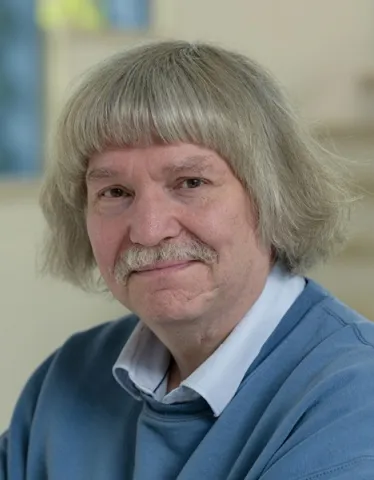Project overview
The overall aim of the proposed research is to enable the development and operation of new, agile, more cost-effective and sustainable chemical manufacturing processes.
The future of sustainable chemicals manufacturing is in flexible, modular and intensive processes. New automated reaction tools and hardware are becoming ubiquitous but optimisation of how they are used and the methods of dealing with the larger amounts of experimental data available are still largely manual processes, and generally only carried out for long duration production runs. A crucial missing component is a fast automated closed-loop methodology for development and running of optimised chemicals manufacturing processes.
This proposal will close this gap by developing an automated system for experimentation that brings together automated hardware for reaction execution, methods for reaction composition data acquisition and analysis, the intelligent selection of future experiments, and the development of process models in real-time. The multi-disciplinary challenge of this topic requires research in a variety of fields, including chemistry, statistics, engineering, chemometrics and computer science. Each of the individual research questions are novel and substantial challenges in their own right; their fusion will allow the automatic optimisation of reaction chemistry for a variety of applications and on a variety of different scales.
Such a system would become a key tool in both academic and industrial chemistry, making feasible the routine manufacture of even small amounts of material via optimised processes, and increasing the efficiency of processes on all scales. Hence, it has the potential to enable new ways of working towards sustainable and green chemistry.
The future of sustainable chemicals manufacturing is in flexible, modular and intensive processes. New automated reaction tools and hardware are becoming ubiquitous but optimisation of how they are used and the methods of dealing with the larger amounts of experimental data available are still largely manual processes, and generally only carried out for long duration production runs. A crucial missing component is a fast automated closed-loop methodology for development and running of optimised chemicals manufacturing processes.
This proposal will close this gap by developing an automated system for experimentation that brings together automated hardware for reaction execution, methods for reaction composition data acquisition and analysis, the intelligent selection of future experiments, and the development of process models in real-time. The multi-disciplinary challenge of this topic requires research in a variety of fields, including chemistry, statistics, engineering, chemometrics and computer science. Each of the individual research questions are novel and substantial challenges in their own right; their fusion will allow the automatic optimisation of reaction chemistry for a variety of applications and on a variety of different scales.
Such a system would become a key tool in both academic and industrial chemistry, making feasible the routine manufacture of even small amounts of material via optimised processes, and increasing the efficiency of processes on all scales. Hence, it has the potential to enable new ways of working towards sustainable and green chemistry.

